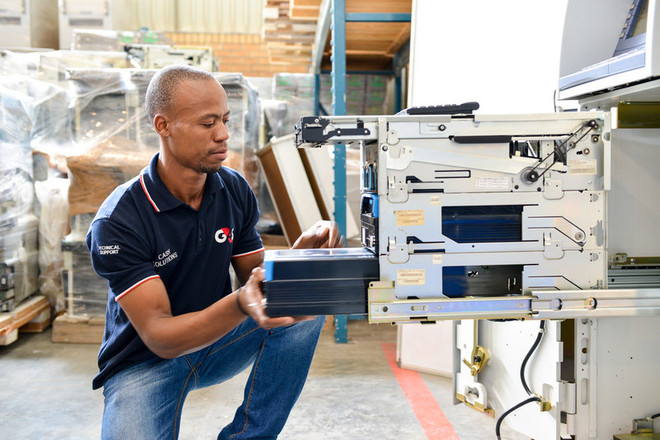Python continues to dominate as one of the most popular and versatile programming languages in 2025. Known for its simplicity, readability, and vast applications, Python is a go-to language for careers in web development, data science, artificial intelligence, and more. Whether you’re just starting out or looking to expand your expertise, this roadmap will guide you in building a successful Python programming career this year.
- Learn the Basics
Begin with Python’s fundamentals, including its syntax, data types, loops, functions, and file handling. Understanding the basics thoroughly will make learning advanced concepts easier. Start with beginner-friendly platforms like Codecademy or free resources such as the official Python documentation.
- Choose a Career Path
Python offers a range of career opportunities. Explore fields like web development, where Django and Flask are widely used, or dive into data analysis and machine learning with tools like Pandas, NumPy, and TensorFlow.
Research job trends in your region to identify which specialization has the highest demand. Experiment with small projects in each field to discover what excites you most.
- Practice Problem-Solving
Problem-solving is crucial for any Python programmer. Platforms like LeetCode, HackerRank, and Codewars offer coding challenges tailored for different skill levels. Solving problems consistently improves your logical thinking and prepares you for technical interviews.
Focus on algorithms, data structures, and optimization techniques as they are essential for coding interviews and practical applications.
- Explore Python Frameworks and Libraries
Python’s extensive library ecosystem is one of its greatest strengths. If you’re interested in web development, learn Django or Flask. For data analysis, explore Pandas and Matplotlib. AI enthusiasts can delve into TensorFlow and PyTorch. Automation tasks often use Selenium or PyAutoGUI.
Choose a couple of libraries relevant to your field of interest and start building projects to gain hands-on experience.
- Work on Projects
Practical experience is key to mastering Python. Build projects that align with your career goals, such as web applications, data visualizations, or AI models. Working on projects not only improves your skills but also helps you create a portfolio to showcase to potential employers.
Start small, then progressively increase the complexity. Open-source contributions are another excellent way to gain real-world experience and demonstrate collaboration skills.
- Learn Version Control
Version control systems like Git are essential for modern developers. Familiarize yourself with Git commands and create a GitHub or GitLab profile to host your projects. Version control not only helps manage your code efficiently but also demonstrates professionalism to employers.
Start by uploading your Python projects to GitHub and documenting your code properly for others to understand.
- Earn Certifications
Certifications can validate your Python skills and boost your credibility. Popular certifications like PCEP (Certified Entry-Level Python Programmer), PCAP (Certified Associate in Python Programming), or specialized ones like Google’s Python Automation Certificate are widely recognized.
Look for certifications that align with your chosen specialization to make your resume stand out.
- Stay Updated
Python is constantly evolving, with new libraries, frameworks, and features being introduced regularly. Follow Python blogs, listen to podcasts, and subscribe to newsletters to stay informed about updates.
Stay active on platforms like Stack Overflow and Reddit’s r/Python, where you can find solutions to common problems and engage with the community.
- Network with Python Developers
Networking is a powerful tool for career growth. Join Python communities, attend local meetups, or participate in hackathons to connect with like-minded individuals. Social media platforms like LinkedIn and Twitter are also great for building professional relationships.
Engaging with the community helps you learn from experienced developers and opens doors to mentorship and job opportunities.
- Apply for Python Jobs
Once you’ve built a strong foundation, gained experience through projects, and acquired relevant certifications, start applying for Python programming roles. Tailor your resume to highlight your Python expertise, projects, and practical experience.
Prepare for interviews by reviewing common Python programming questions and practicing coding problems under time constraints.
In conclusion, Python’s versatility ensures opportunities across multiple industries, making it an excellent choice for beginners and professionals alike.
Start your journey now—register for our comprehensive cybersecurity course Today!










